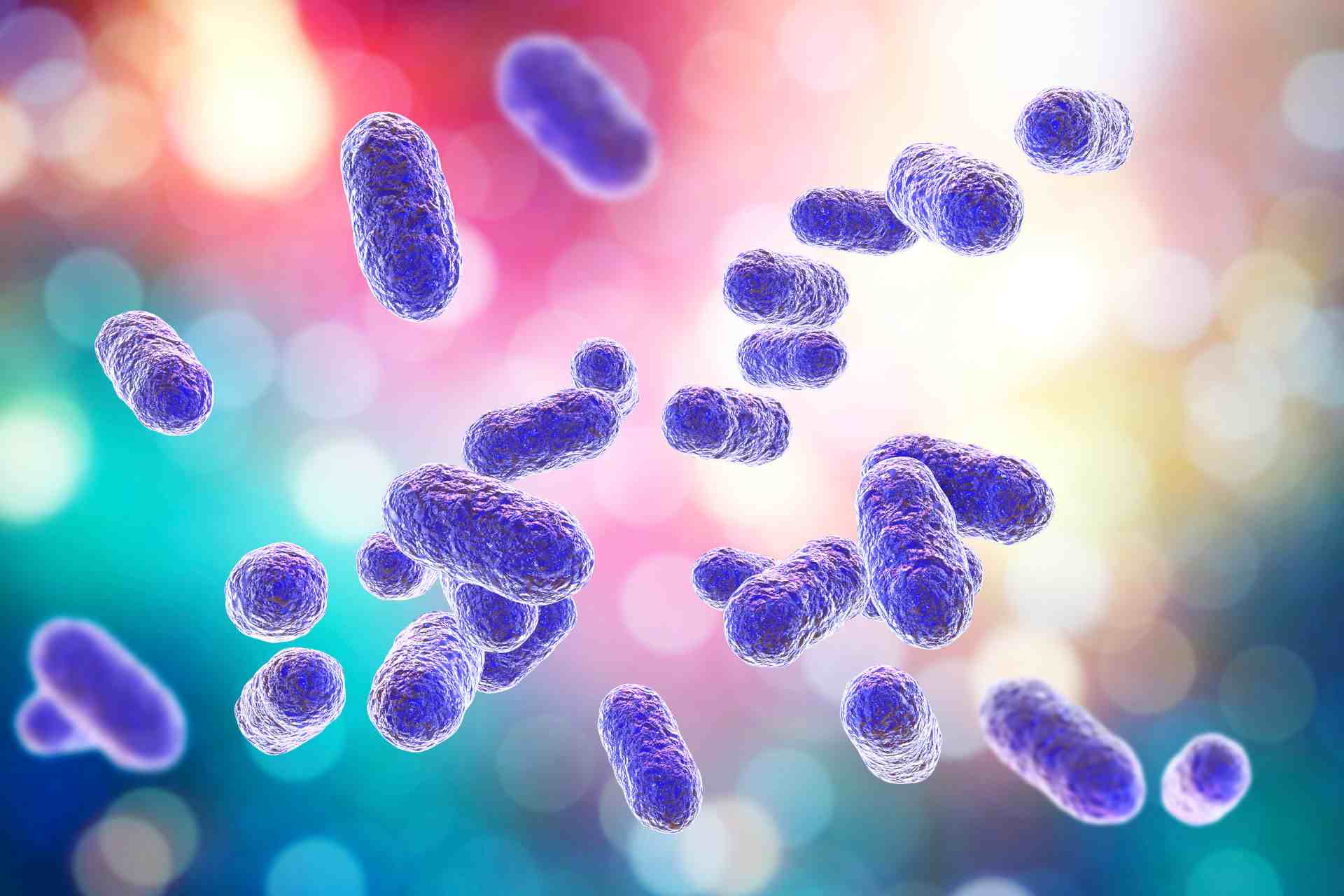What is already known
Epidemiological studies have linked pancreatic cancer to Porphyromonas gingivalis, a mouth-dwelling bacterium that is involved in gum disease. Research also showed that P. gingivalis survives in human pancreatic cancer cells and promotes their proliferation, but whether — and how — the microbe contributes to pancreatic cancer growth remains unclear.
What this research adds
Working in mice, researchers found that P. gingivalis travels from the mouth to the pancreas, resulting in alterations of the pancreatic microbiota and in lesions that lead to the development of pancreatic cancer. P. gingivalis could also be detected in lesions that precede pancreatic cancer in humans. In mice, the microbe accelerated the transformation of these lesions into cancer — likely by protecting tumor cells from reactive oxygen species-mediated cell death.
Conclusions
The findings suggest that P. gingivalis can cause the development of pancreatic cancer.
Pancreatic cancer is one of the top causes of cancer-related deaths in the United States, and only 12% of patients survive five years after being diagnosed. Now, research done in mice shows that the mouth-dwelling bacterium Porphyromonas gingivalis can travel from the mouth to the pancreas, resulting in lesions that lead to cancer.
The findings, published in Gut, suggest that P. gingivalis can cause the development of malignancies in the pancreas. Strategies aimed at eradicating these bacteria may improve the clinical outcomes of pancreatic cancer, the researchers say.
Several epidemiological studies have linked P. gingivalis, which is typically involved in gum disease, to pancreatic tumors. Research also showed that P. gingivalis survives in human pancreatic cancer cells and promotes their proliferation, but whether — and how — the microbe contributes to cancer growth remains unclear.
So, researchers led by Elias Saba at the Hebrew University-Hadassah in Jerusalem, Israel, set out to investigate the effects of P. gingivalis on the pancreas of wild-type mice and mice that are prone to pancreatic cancer.
Accelerating cancer
The researchers found that P. gingivalis travels from the mouth to the pancreas, where it remains viable. The microbe could also be detected in lesions that precede pancreatic cancer in humans.
Coating the oral cavity of wild-type mice with P. gingivalis three times a week over a 12-week period resulted in alterations of the pancreatic microbiota. P. gingivalis infection increased the pancreatic levels of Mycoplasmatacea, Helicobacteraceae and Paraprevotellaceae — bacterial families that have been associated with pancreatic cancer in mice.
P. gingivalis administration also led to a type of lesions called acinar-to-ductal metaplasia, which is thought to be one of the earliest steps toward the development of pancreatic cancer.
Harmful cooperation
Cancer-promoting mutations can transform acinar-to-ductal metaplasia to pancreatic intraepithelial neoplasia, a precursor lesion to pancreatic cancer. So, the researchers tested whether long-term exposure to P. gingivalis could promote tumor development in mice that had been genetically engineered to develop pancreatic intraepithelial neoplasia.
The team found that P. gingivalis accelerated the transformation of pancreatic intraepithelial neoplasia into pancreatic cancer — likely by protecting cancer cells from reactive oxygen species-mediated cell death.
“Cooperation between intracellular bacteria and cancer cells in settings of extreme stress is an additional molecular mechanism by which the tumor microbiome can promote the pathogenesis of cancer,” the authors say.









